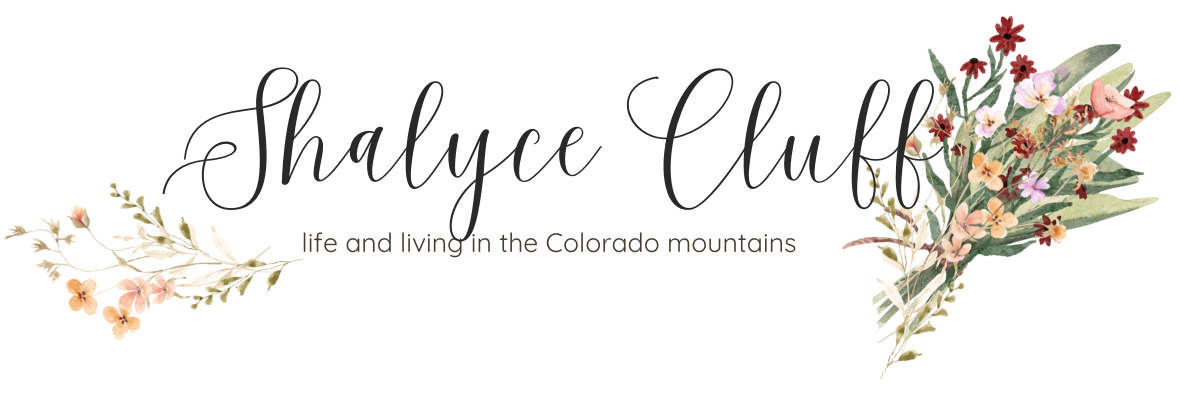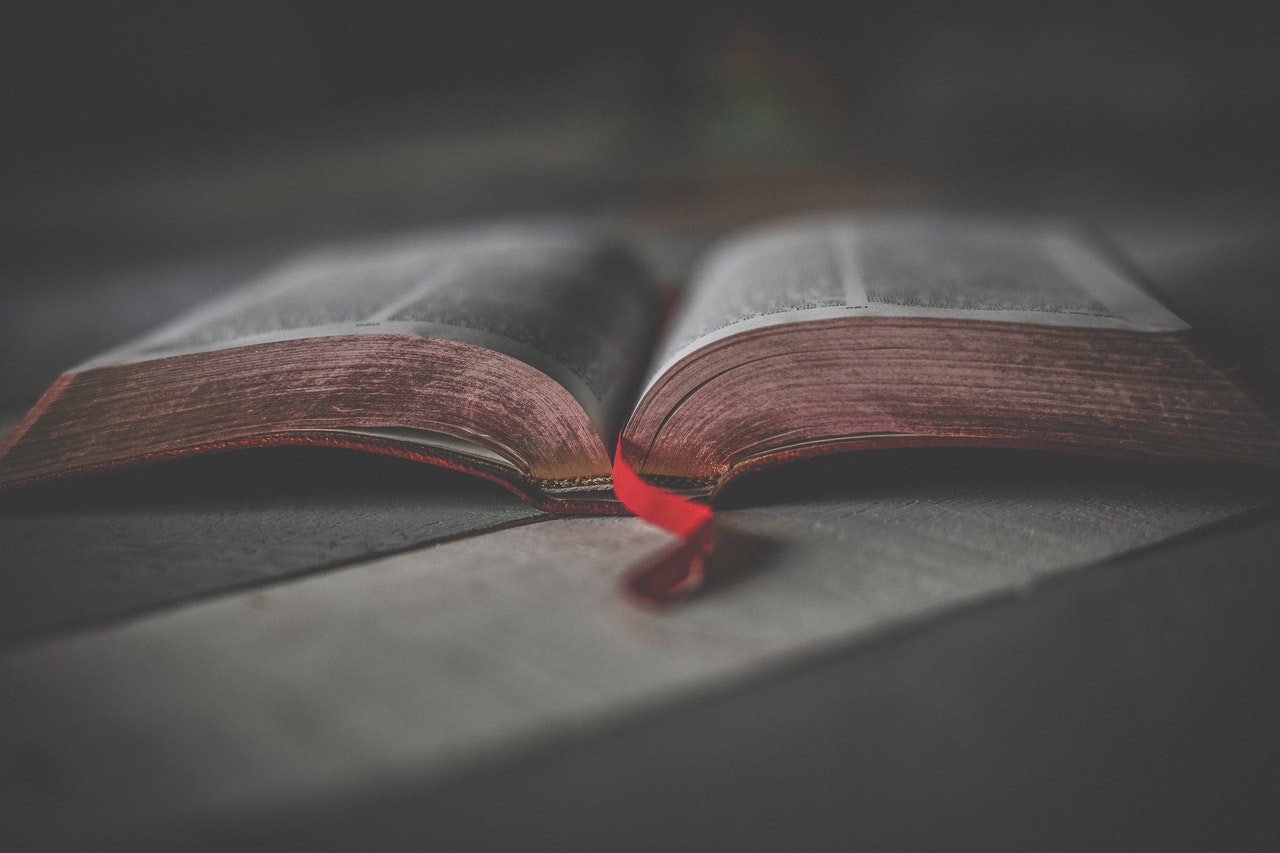Uncertainty, A Requirement for Faith
Faith requires uncertainty. It was a concept that was foreign in so many ways. Faith is not knowing.
For most of my life, I never wrestled much with the question of what faith is. I had a clear and set explanation of faith. But recently that changed and this understanding was turned on its head.
Faith is having a clear and sure knowledge. This is what I believed. Most of my life I have been guided by this description of faith. I learned, growing up, that faith is knowing without doubt. Meeting after meeting, I heard strong and faithful religious individuals speak of their knowing. I regularly heard lists of “I know…” rattled off. I rattled them off myself. Claimed knowing myself.
I could doubt, or I could have faith, but I couldn’t do both. Faith was certainty. If I was unsure, it was because I lacked faith. This description of faith has littered many texts I have read regarding religion.
I was recently reading, “The Art of Letting Go,” by Richard Rohr. In reading it, and his discussion on faith, I gained clarity. Now that it has been put into words for me, I recognize it as something I knew but was unable to define or reconcile with what I was regularly told. While I heard this description of faith before, I seldom heard it spoken of or saw it in action. I only recently understood the true application of it.

Faith is uncertainty.
Faith is the antithesis of knowing. When you have faith, you don’t know. You are aware of not knowing and perhaps most importantly, you are okay with not knowing. Faith is moving forward towards a path you believe in, but aren’t actually sure of. Once you become sure, you are no longer acting in faith. You are now acting in knowledge.
If we look at the scriptures, this makes perfect sense. Hebrews 1:11 teaches, “faith is the assurance of things hoped for, the evidence of things not seen.”
By definition, assurance is a declaration intended to give us or someone else confidence in our belief. Faith means we can assure ourselves of things we hope for, but we cannot know them.
Faith is hoping, not knowing. When we hope for things, we yearn for them, but we do not have an absolute knowledge. When we know, it is no longer faith.
Believing faith equates to knowing is dangerous.
“Knowing,” when we actually don’t know, is damning. It halts all progress.
I spent many years “knowing” and as a result had a closed mind to learning. If we know, we are no longer teachable. Knowing blocks our ability to learn and understand the many things that we don’t actually know. Knowing produces a closed mind. It is uncertainty and a lack of knowledge that produced the most fertile ground for growth and learning.
When we don’t know–which if we are honest most of us don’t, and we believe we should know, it can lead us to conclude we are flawed or failing. We may see a lack of knowing as an indication that our beliefs are wrong, or that something is wrong with us. Believing we should know, yet struggling and having uncertainties, creates a chasm in our spirituality.
If you don’t know, doesn’t that mean you lack faith?
When we see not knowing as a lack of faith and a personal fault we lose the ability to grow. This interpretation leads to a fixed mindset that creates an unchanging definition of who we are as a person. It may tell us we are faithless, unholy, failing, not good enough. We might see ourselves as weak, void of revelation and less worthy or spiritual than others.
Ironically, not knowing is exactly what makes you full of faith. Not knowing and acknowledging it rather than hiding it behind a false facade demonstrates honesty, potential and humility. Individuals who believe they know everything lack humility and thereby the ability to grow, change and expand their knowledge base.
Truly faithful individuals move forward without knowing. They know they don’t know. They don’t have all the answers and they are okay with that. Faith acts on belief NOT knowledge. If we conversely believe not knowing is a lack of faith we will doubt ourselves at the deepest level. When we move forward understanding that faith is not knowing, we are comfortable in our learning and open to new insights and understanding.
We may conclude our deepest beliefs are not true.
When you believed something with certainty, but later gain new knowledge challenging your current “knowing,” it can shatter faith. If you believe you must know, you felt you did know and now you don’t know, you question your most basic foundation of faith. For many this leads to a spiritual crisis. Truths they found in other periods of their life become obsolete.
A faith or spiritual crisis is something we should all have at some point in our life. It is requisite for growth. However, if you assumed you knew but come to find you didn’t know, it can warp future learning.
We grow in faith from things we learned as a child. We interpret the world around us according to the perceptions of our parents. It’s essential at some point that we delve into the foundational beliefs we have from childhood, and as an adult, develop our own belief system. True belief is not based on what we have been consistently told, but on what we feel inside and see from the knowledge we have gained through our life experience.
Faith is a process, not a certainty. Faith allows for things to go wrong.
Not knowing provides room for potential and growth.
If we “know,” our growth and level of understanding stagnates.
In educational theory, when you have come to know information, you no longer learn about it. You don’t continually revisit facts and ideas of which you are already sure. Once you know a principle, you move on and use that as your basis for further knowledge acquisition. If we can admit to ourselves that we don’t really know, then we are able to delve deeper into understanding.
Certainty tells us to stop thinking, stop questioning, stop exploring. Certainty is dangerous and halting. Faith and uncertainty tells us to move forward, explore, keep learning, keep trying, keep growing.
Faith allows for personal grace.
Faith provides comfort in not knowing. It allows you the understanding and acceptance that you don’t know, but you are moving forward anyway. When you act on faith, it is not acting on knowledge, it is acting on internal introspection and moving in the direction you feel is best with the wisdom and understanding you have at the time. Faith is about feeling, not knowing.
When there is uncertainty and you accept you don’t know with certainty, there is grace. Uncertainty makes room for mistakes, which are an inevitable part of life for everyone.
Knowing suffocates change and humility. Faith exalts both the ability to change and the importance of being humble and truthful in your human frailty. You must believe you don’t know everything in order to learn and understand more.
Faith relies on feeling and belief.
We have an amazing human capacity for intuition and emotions. Certainly our emotions can lead us astray. However, when we quiet our mind and dig deep internally, we gain clarity.
There is nothing certain in life, but each and every one of us has intuition. Faith is listening to this inner guide. It is setting aside the “knowledge” blaring day in and day out in our lives from external forces, and listening to how our inner guide is directing us when our minds are quiet and free of clutter from external influences.
Faith is courage.
Courage is moving into the unknown.
Real courage is when we move towards what we intrinsically feel, in a direction of which we have no sure knowledge. Faith is maintaining hope anyway.
Nothing is more courageous than taking action towards hopes and intuitions when we don’t know if things will work out. When you have faith, you walk boldly ahead pushing away the fear and doubt that inevitably come, and instead follow your intuition, hopes, desires and beliefs.
It is not courageous to move forward when you know that something will work out just fine.
It is courageous when you may fail, when things may go wrong, when it may be hard, and you do it anyway.
Embracing the uncertainty of faith is courage.




